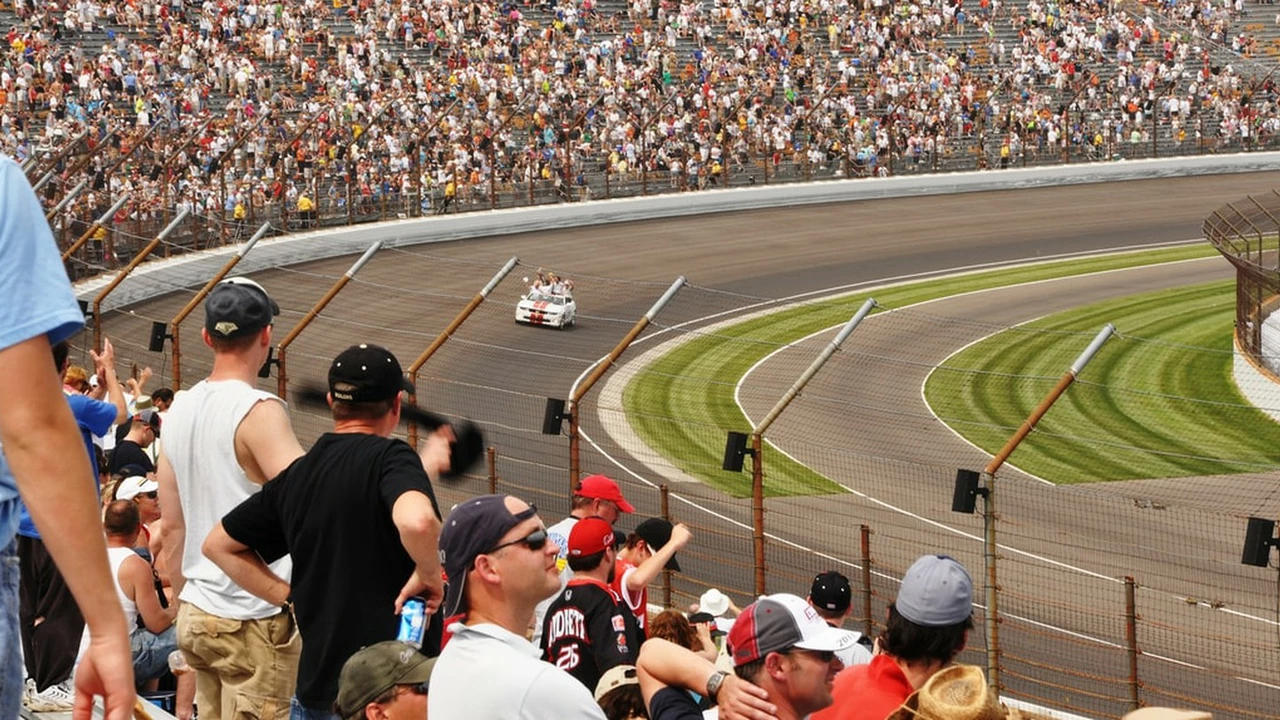Work in Motorsport – What You Need to Know
If you love the sound of engines and wonder how the people behind the scenes make it happen, you’re in the right place. This page pulls together the most useful articles about work in racing, whether you’re hunting a job, building a team or just curious about the daily grind.
Career paths and job tips
Motorsport isn’t just for drivers. Engineers, data analysts, mechanics, marketers and even social media managers all have a seat at the table. A typical entry point is an apprenticeship with a local track or a junior role at a smaller team. Get hands‑on experience, learn the lingo, and show you can work fast under pressure. Networking at events like local track days or industry expos often lands the next interview.
Teamwork on and off the track
A race car is only as good as the crew that builds and runs it. Communication between engineers, pit crew and drivers is constant – a single missed signal can cost seconds, or a whole race. Successful teams practice clear briefings, debriefs after every session, and use shared tools to track data. The same principle works for any project: keep everyone in the loop and celebrate small wins.
Money matters too. Most teams fund themselves through sponsorships, merchandise sales and prize money. Understanding how to pitch a brand, show ROI and keep sponsors happy is a skill every aspiring manager should master. Read our post on “How auto racing teams make their money” for a quick rundown of the revenue streams.
If you’re interested in the technical side, focus on the latest hybrid and electric tech. Audi’s dominance at Le Mans, for example, comes from lightweight aluminum, advanced aerodynamics and turbocharged engines. Engineers who can blend traditional combustion knowledge with new energy systems are in high demand.
For those who love the adrenaline of the track but prefer a legal setting, look into organized racing series. Street racing may seem exciting, but it’s risky and illegal. Track days, club races and sanctioned events provide a safe environment to hone your skills while building a network of teammates and mentors.
Location can shape your career. Europe hosts many historic circuits – Germany, Italy, Belgium and the UK each offer different pathways. Germany’s engineering firms, Italy’s heritage tracks and the UK’s robust motorsport infrastructure give you varied options depending on your strengths.
Finally, never underestimate soft skills. Negotiating contracts, handling media, and keeping the team motivated are as vital as any technical ability. A driver who can talk to sponsors, a mechanic who can explain a problem clearly, or a marketer who can turn a race win into a social media buzz all add value.
Ready to get started? Grab a local racing club, volunteer at an event, or enroll in a short course on vehicle dynamics. The more you immerse yourself, the faster you’ll spot where you fit best. Keep checking this page for fresh stories, practical advice, and real‑world examples from the motorsport world.
How does the Indianapolis racing line work?
- Landon Speedwell
- on Jul 19 2023
- 0 Comments
The Indianapolis racing line, or "the line," as it's often called, is a unique path that drivers take to achieve the fastest lap times on the Indianapolis Motor Speedway. Essentially, they try to straighten the four turns as much as possible, turning on and off the track's banking to maintain their momentum. It's a mix of skill, speed, and strategy, with drivers constantly adjusting their line based on track conditions, traffic, and their vehicle's performance. It's a fascinating element of the race, kind of like a high-speed chess match on wheels. Learning about it has certainly deepened my appreciation for the skill involved in racing.
